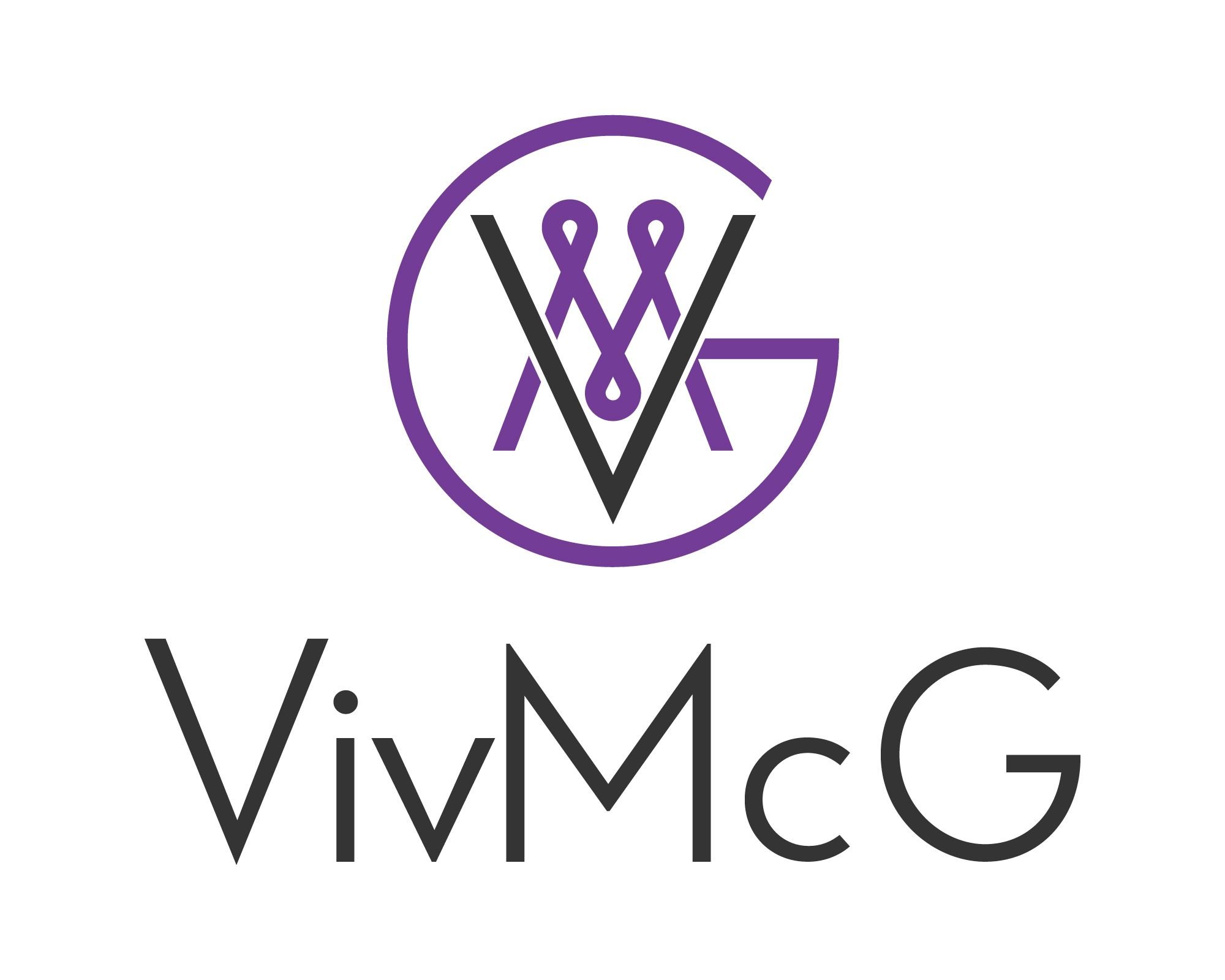the fallen eggcup

A few Sunday mornings ago, I had a craving for a soft boiled egg and some soldiers (you know... strips of toast). It's something I haven't eaten since childhood. Indeed, when I was a child I was never actually an egg fan - I didn't like the texture of the yolk and the white didn't always like me. However, having been told recently by my doctor that my Vitamin B12 was running a bit low, I've been eating some eggs to raise it naturally instead of through the prescription my doctor was a little too keen to write me.
As my egg was busy boiling, I got my soldiers ready and reached up to take one of our bunny-inspired eggcups down from the shelf. It was only as I did so that I spotted a line, a crack in its ear. It wasn't there before... I hadn't dropped it. So there could be only one explanation - my husband must have knocked it off the the shelf recently, the ear broke off and he glued it back on.
So I asked him, "What happened the eggcup?"
To which he replied, "Oooh... it fell off the shelf."
Confused how the eggcup wiggled its way towards the front of the shelf and threw itself off the edge, I asked, "Did you accidentally knock it off the shelf?"
To which I received the reply, "It fell off the shelf. It must have been too close to the edge."
Me: "Are you sure it fell off on its own. Did you perhaps accidentally knock it off?"
My husband paused: "Yes, the eggcup fell off the shelf, its ear broke, and I glued it back on."
We had got somewhere... out of the three things that happened, in the end my husband took responsibility for one part - the gluing back on of the ear - the one single good deed. He was unable to accept responsibility for knocking the eggcup off the shelf or for, as a result, breaking its ear.
In one final attempt, I asked, "Did the eggcup fall on its own or did you accidentally knock it off the shelf?"
My husband (looking a little sheepish and uncomfortable): "I knocked it off, okay? It was an accident."
Me: "Thank you."
It was a really minor and insignificant incident which ended up playing out far too long. However, can you see how my husband, by saying that the eggcup ‘fell’, makes it sound like he had nothing to do with the accident? When he finally, reluctantly admitted that he had accidentally knocked it off, he had taken responsibility for what happened.
Such a small, seemingly insignificant moment, carries a much deeper lesson - one that applies to every aspect of our life: our struggle to take full responsibility in life.
My husband's reaction wasn't unusual. Many of us instinctively distance ourselves from blame, even in minor situations. It’s not because we’re dishonest - it’s because taking responsibility can be uncomfortable. Admitting we played a role in something, even accidentally, can feel like an admission of guilt or failure.
This tendency often begins in childhood. When we made mistakes, we feared getting in trouble, so we learned to shift blame onto circumstances, other people, or vague explanations. "It wasn’t me!" becomes a common defense. As we grow up, this habit continues in subtle ways:
"I’m late because of traffic" (instead of "I didn’t leave early enough to account for delays").
"I didn’t get the job because they were unfair" (instead of "I could have prepared better for the interview").
"My relationship failed because my partner wasn’t supportive" (instead of "I didn’t communicate my needs effectively").
By avoiding responsibility, we feel momentary relief. However it is at a cost because, as a result, we give away our power to change, grow, and create the life we truly want.
At first, taking full responsibility might seem like a burden. If you’re responsible for everything in your life, doesn’t that mean you’re to blame when things go wrong? Not at all. In fact, it’s the opposite.
Taking 100% responsibility means reclaiming control. It means understanding that while you cannot control everything that happens, you can control how you respond. It means recognising that your choices, actions, and mindset shape your experiences.
When you take responsibility, you shift from being a passive participant in your life to an active creator of your reality. Instead of blaming external factors, you start asking empowering questions:
Instead of "Why does this always happen to me?" Ask "What can I do differently next time?"
Instead of "That person made me feel this way." Ask "Why did I react that way, and how can I manage my emotions better?"
Instead of "I have bad luck." Ask "What small changes can I make to create better outcomes?"
This shift doesn’t mean you ignore injustices or pretend external factors don’t exist. It simply means that no matter what happens, you focus on what you can do about it.
When you take 100% responsibility, amazing things begin to happen. You become more self-aware, confident, and proactive. Your relationships improve because you communicate more honestly. Your career flourishes because you stop making excuses and start making progress. Your happiness increases because you stop waiting for circumstances to change - you change them yourself.
It all starts with small moments, like acknowledging when you’ve knocked over and broken an eggcup.
When you practice responsibility in the little things, it becomes easier to apply it to the bigger areas of life.
are you ready to take 100% responsibility for everything in your life?
card reading

In-depth oracle card reading based around the question: "what do I need to know to become better at taking full responsibility for everything in my life?"
card reading

In-depth oracle card reading based around the question: "what do I need to understand when it comes to not taking full responsibility in my life?"

